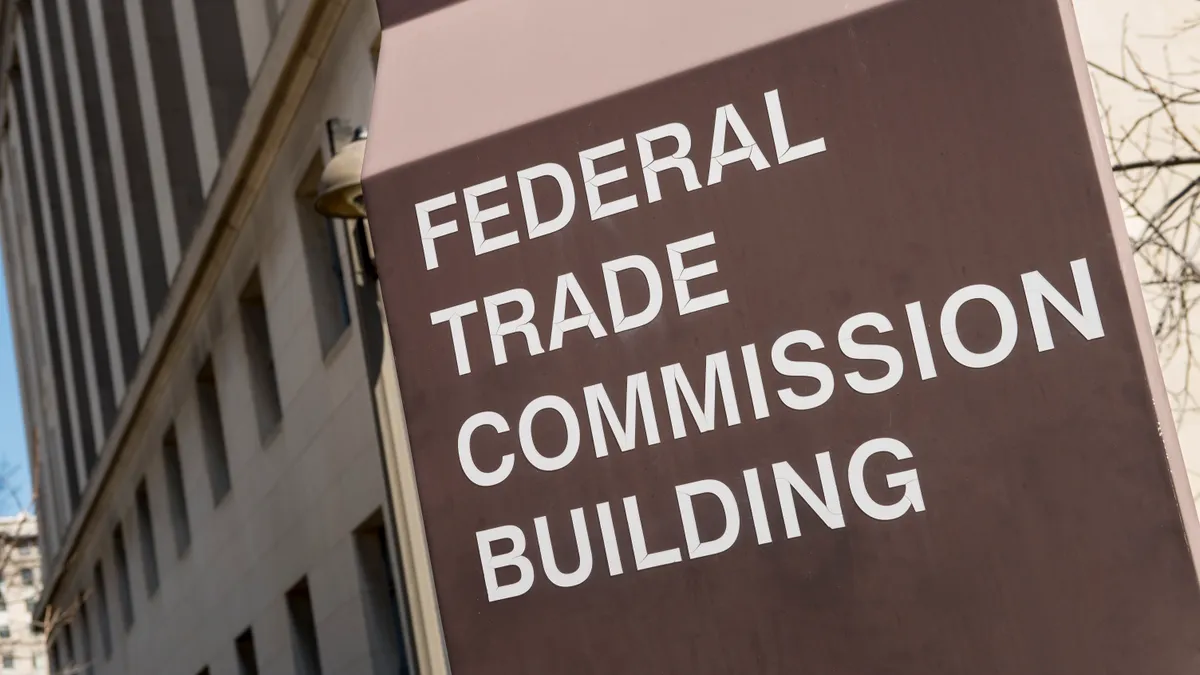The Federal Trade Commission announced on Tuesday that it is taking punitive action against Dallas-based single-family home rental company Invitation Homes for a number of alleged unlawful practices, including deceiving renters about rental costs, charging undisclosed fees, failing to inspect homes before move-in and unfairly withholding security deposits.
Invitation agreed to the proposed settlement, which requires the company to pay $48 million to refund its customers and make a series of changes to its operating policies, including clear disclosure of its prices and fees, according to the FTC.
Invitation Homes acknowledged the settlement agreement and stated that it does not constitute an admission of any wrongdoing.
“Invitation Homes believes that its disclosures and practices are industry-leading, both among its professional peers as well as the millions of smaller owners of single-family homes for lease,” its statement reads. “Today’s agreement brings the FTC’s three-year investigation to a close and puts this matter behind the company, which will, as always, move forward with its continuous efforts to better serve its customers and enhance its practices.”
Invitation Homes manages over 84,000 single-family homes across the country, according to its earnings disclosure for the second quarter of 2024.
Undisclosed fees
The FTC complaint alleges that Invitation Homes advertised monthly rental rates that did not include mandatory fees, which added up to more than $1,700 yearly. Applicants paid $55 application fees and $500 reservation fees, and did not learn about other mandatory fees until they had received a copy of the lease, or after they had signed.
These fees were for a range of services including smart home technology, utility management, air filter delivery and utility packages. Residents were not able to opt out of these services, the FTC release said.
Since 2019, Invitation Homes has received more than $18 million in application fees and tens of millions in junk fees on top of rental payments, the release said. Invitation Homes’s CEO, Dallas B. Tanner, emailed the senior vice president in 2019 to “juice this hog” by making smart home fees mandatory, according to the complaint.
The FTC also alleges that Invitation had withheld renters’ security deposits without cause, charging for wear and tear, damages that had existed before the renters’ tenancy and renovations performed by the company. Between 2020 and 2022, Invitation Homes returned only 39.2% of total security deposits, compared to a national average of 63.9%, the FTC said.
Maintenance and upkeep
Invitation Homes’ marketing materials state that each home the company rents passes an inspection before residents move in, and that 24/7 emergency maintenance is available. However, the complaint alleges that between 2018 and 2023, 33,328 properties submitted at least one work order within the first week of residency for plumbing, electrical or HVAC service, among other issues.
In addition, some residents reported needing to wait days or weeks before service was performed, sometimes resulting in no heat in winter or no air conditioning in summer.
During the COVID-19 pandemic, the FTC alleges that Invitation Homes steered renters away from filling out the Centers for Disease Control and Prevention declaration required to prevent evictions under the eviction moratorium. Instead, it encouraged renters to fill out its “hardship affidavit,” which the FTC says provided no protection against eviction.
The complaint also alleges employees did not inform residents about their option to file a CDC declaration if they were facing eviction. Some residents reported that eviction proceedings were filed against them even after they had moved out of their homes.
The settlement between the FTC and Invitation Homes must be approved by a judge before it can take effect. In addition to the monetary penalty, the landlord would be prohibited from improperly representing rental prices and fees, withholding security deposits unlawfully or filing evictions against residents who had moved out, according to the FTC.









